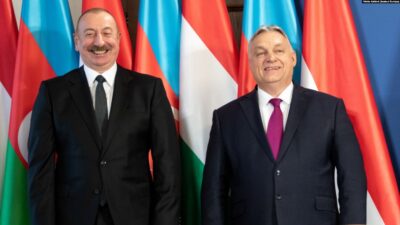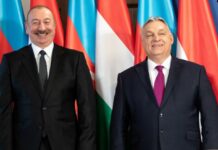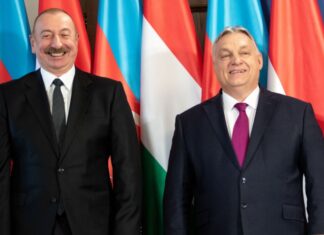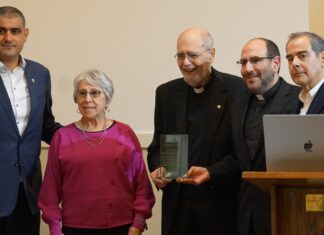THE HAGUE (Public Radio of Armenia/Panorama.am) — Armenia on April 16 urged the International Court of Justice (ICJ) to hold Azerbaijan responsible for ethnic cleansing of Armenians from Nagorno-Karabakh.
“After threatening to do so for years, Azerbaijan has completed the ethnic cleansing of the region and is now systematically erasing all traces of ethnic Armenians’ presence,” Armenia’s representative, Yeghishe Kirakosyan, said on the second day of hearings at the UN’s top court.
“There is no better example of racial discrimination, upsetting peace and security than Azerbaijan’s recent armed aggressions. which resulted in ethnic cleansing of all of Nagorno Karabakh,” he said.
“To the great regret of Armenia and the international community, not even this Court was able to stop Azerbaijan’s race of ethnic cleansing. In September 2023, after starving the ethnic Armenians of Nagorno Karabakh for nine months by blocking the Lachin corridor, in fragrance violation of the Court’s two orders on provisional measures, Azerbaijan launched an unprovoked attack killing hundreds and forcing over 100,000 ethnic Armenians to flee their ancestral homes,” Kirakosyan stated.
On Monday, April 15, Azerbaijan told the court that most of Armenia’s complaints related to the armed conflicts over Nagorno-Karabakh did not fall within the scope of the UN treaty.
It also accused Armenia of not genuinely engaging in negotiations before bringing the case to the ICJ. Kirakosyan rejected these claims.











